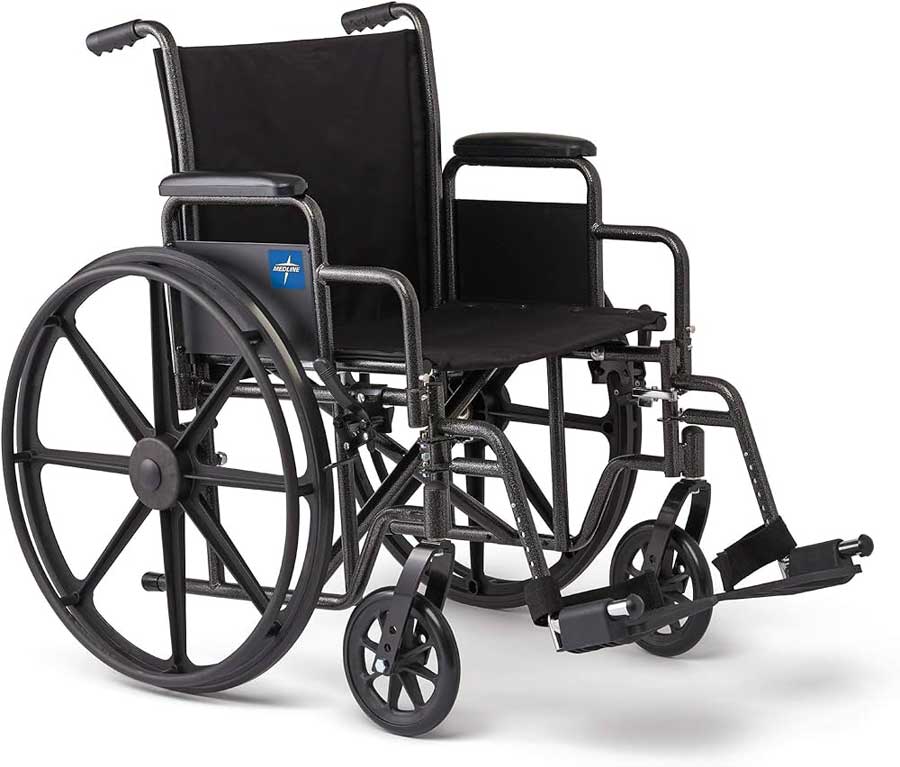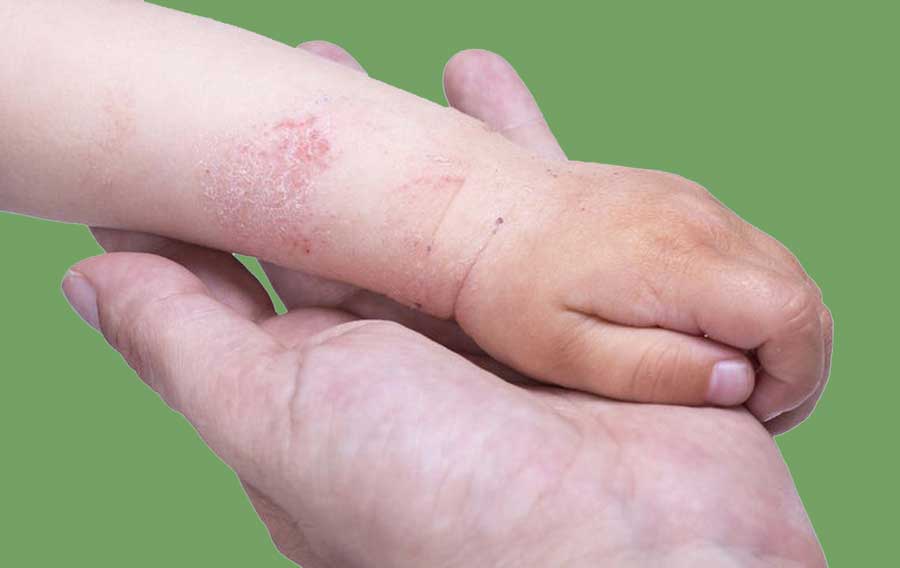Basal Ganglia Stroke, thealthbenefitsof.com – Stroke is a deadly disease that became frightened world today. Stroke can occur when a blood vessel to the brain is damaged and blood spread between cells. Blood carry oxygen to the brain, and if an interruption in blood flow, the brain does not get oxygen maximally. As a result, brain cells will be injured and die.
In the middle of the brain there is a message center of the brain. This place is called “basal ganglia”. The cells here work to control things such as movement, muscle control, vision, personality, sensation, and thinking aspects.
Basal Ganglia Stroke Causes, Symptoms and Its Treatment
A basal ganglia stroke is very dangerous if it happens, because this place is the most important part of the brain.
Types and Causes of Stroke
Stroke has several types and causes also vary. However, there are three types of stroke are popular, namely:
Ischemic stroke: This stroke occurs when a blood vessel disorder in transporting blood to the brain. The reason is due to blood clots that lead to blockage of blood vessels to the brain. This is ischemic basal ganglia stroke: a type of stroke that much going on. According to sources, more than 80% is ischemic stroke.
Hemorrhagic stroke: It’s less dominant stroke, 40% of deaths from stroke is come from this stroke. The cause of hemorrhagic stroke is the blood spill into the tissue of brain cells due to leaking blood vessels. This situation will lead to pressure and swelling that can damage the brain.
TIA, or transient ischemic attack: This is another type of stroke. Often referred as a mini stroke. This disease occurs in less than 24 hours and usually do not experience any serious damage. That said, this situation may be a sign and a warning against chronic stroke.
Basal Ganglia Stroke Symptoms
Stroke disease have symptoms and signs that are important to note. Knowing the symptoms of a stroke can help to save lives. However, basal ganglia stroke have symptoms rather difficult to recognize in comparison to other types of stroke.
Here are some common symptoms of stroke:
- Weakness occurs on the face, numbness suddenly, weakness in the legs and one side of the body
- Confused suddenly, it’s hard to communicate, and it is hard to understand
- Experiencing severe headaches
- Loss of balance and difficult to walk
- The problem suddenly appear to the eye or both eyes
- Uneven smile and often moody
A basal ganglia stroke have symptoms like these, but this stroke also characterized by other symptoms such as:
- Muscle weakness that makes the muscles stiff and limiting movement
- Experiencing severe apathy
- Personal change
- Difficulty in swallowing
- Tremor
- Loss of alertness on one side of the body
Well, if you find symptoms like this on someone, immediately seek medical handler.
Basal Ganglia Stroke Treatment
We have knew the cause of the stroke and the symptoms that can occur. Now, we have to know how to handle them quickly so that patients get medical attention. In fact, treatment of stroke depends on its type and on how quickly receive medical help. In the case of ischemic basal ganglia strokes, usually medical experts will provide drugs to destroy blood clots.
While patients with hemorrhagic basal ganglia stroke generally have to get surgery. In some cases, the surgeon insert a small device into the opened artery to close it. If happens the huge bleeding, may need surgery more significant.
Stroke is a disease that is life-threatening. All types of stroke are worth the watch. However, the speed in getting attention of medical experts provide an opportunity for the patient’s recovery.
The effect of basal ganglia stroke include:
Changes in sensation: patients who recover from the basal ganglia stroke will typically experience difficulties in feeling and knowing something after touching.
Loss of motion: Basal ganglia stroke as well as other stroke, someone who recovering from this disease will experience muscle weakness, so difficult to moves. Even can not move, especially the left side.
Difficult start and stop movement: Damage to the basal ganglia of the brain will affect the difficulty regulating movement.
There is a change in vision: Stroke can affect eye health. After recovering from a stroke, someone can hardly move his eyes and difficult to control the view.
Changes in personality: A person who is recovering from a stroke can also experience mental changes such as crying or laughing at the moment does not make sense. In addition, some patients also experience to depression.
Irregular in talking too can happen to someone who recovered from a stroke.










